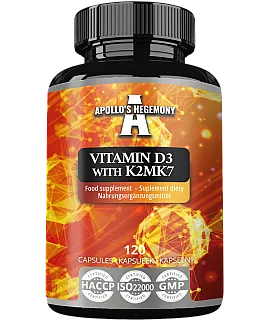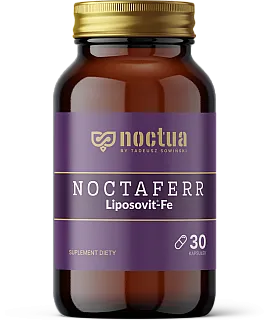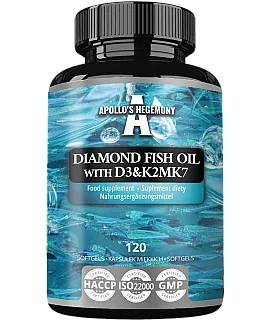Diet and immunity - what products are worth including in your diet?
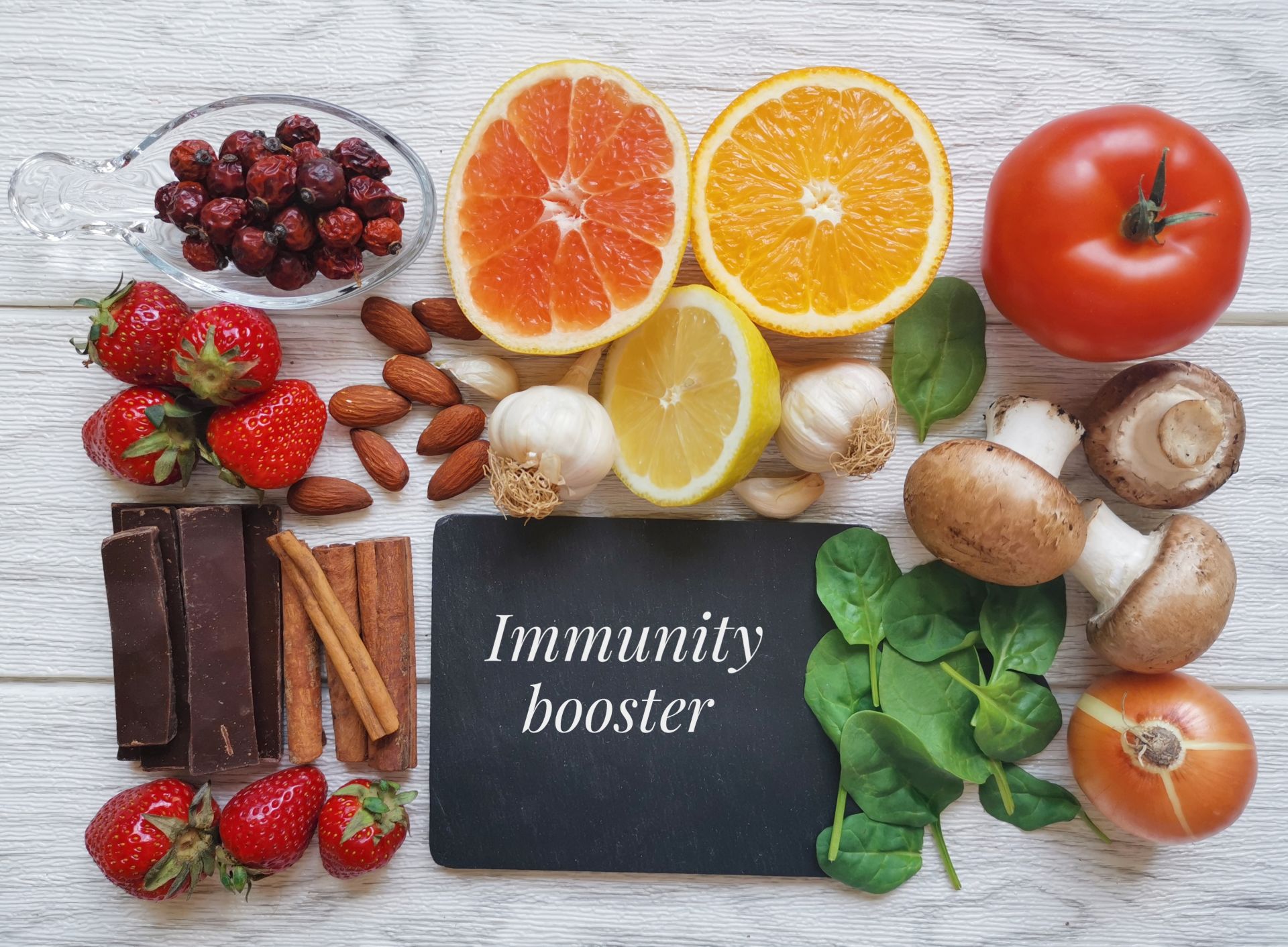
The body's immunity is influenced by many factors, and one of the absolutely key ones is diet. A properly balanced and varied diet can reduce the incidence of colds and flu-like infections in the fall and winter. Let's find out which products are worth including in your diet to improve immunity.
- A variety of colorful, fresh vegetables and fruits
- Onion vegetables
- Pickles and fermented dairy products
- Oily sea fish
- Whole-grain cereal products and pulses
A variety of colorful, fresh vegetables and fruits
A diet aimed at boosting immunity must not lack an adequate amount of fresh vegetables and fruits. They are an excellent source of many vitamins, minerals and antioxidants, as well as dietary fiber with prebiotic properties, that is, stimulating the selective growth and activity of beneficial bacteria in the intestines. Adequate intake of multicolored vegetables and fruits, which provide valuable nutrients and a wide variety of bioactive compounds, ensures the proper functioning of the immune system.
It is particularly important to regularly include in the diet vegetables and fruits that are rich in vitamin C and beta-carotene, or provitamin A. Beta-carotene and vitamin C are antioxidants that are well proven to neutralize the harmful effects of reactive oxygen species and protect the body's cells from oxidative damage. Vitamin C increases the activity of immune system cells, shortens the duration of upper respiratory tract infections (especially the common cold) and significantly reduces the risk of pneumonia, especially in people with a low dietary supply of it. In turn, beta-carotene participates in the production of vitamin A in the body, which is responsible for the proper functioning of the immune system.
Onion vegetables
Onion vegetables, such as onions, garlic, leek and chives, are among the next foods that are worth regularly including in an immune-boosting diet. Studies have shown that a high frequency of consumption of onion vegetables plays an important role in the prevention of cancer (including: stomach, esophageal, laryngeal, colorectal and prostate cancer) and cardiometabolic disorders (i.e., type 2 diabetes, high blood pressure and atherosclerosis).
Onion vegetables are a good source of vitamin C, carotenoids, polyphenols and organic sulfur compounds, so they have antimicrobial, anti-inflammatory, antioxidant, anti-cancer, anti-atherosclerotic, anti-thrombotic, anti-diabetic and immune-stimulating properties. It has been shown that frequent consumption of garlic leads to a significant reduction in the number, duration and severity of upper respiratory tract infections. Garlic has immunomodulatory effects, namely increasing the activity of macrophages and NK cells (natural killer cells) and stimulating the production of T and B lymphocytes, as well as reducing the concentration of inflammatory markers in the blood, including C-reactive protein and TNF-α (tumor necrosis factor-alpha).
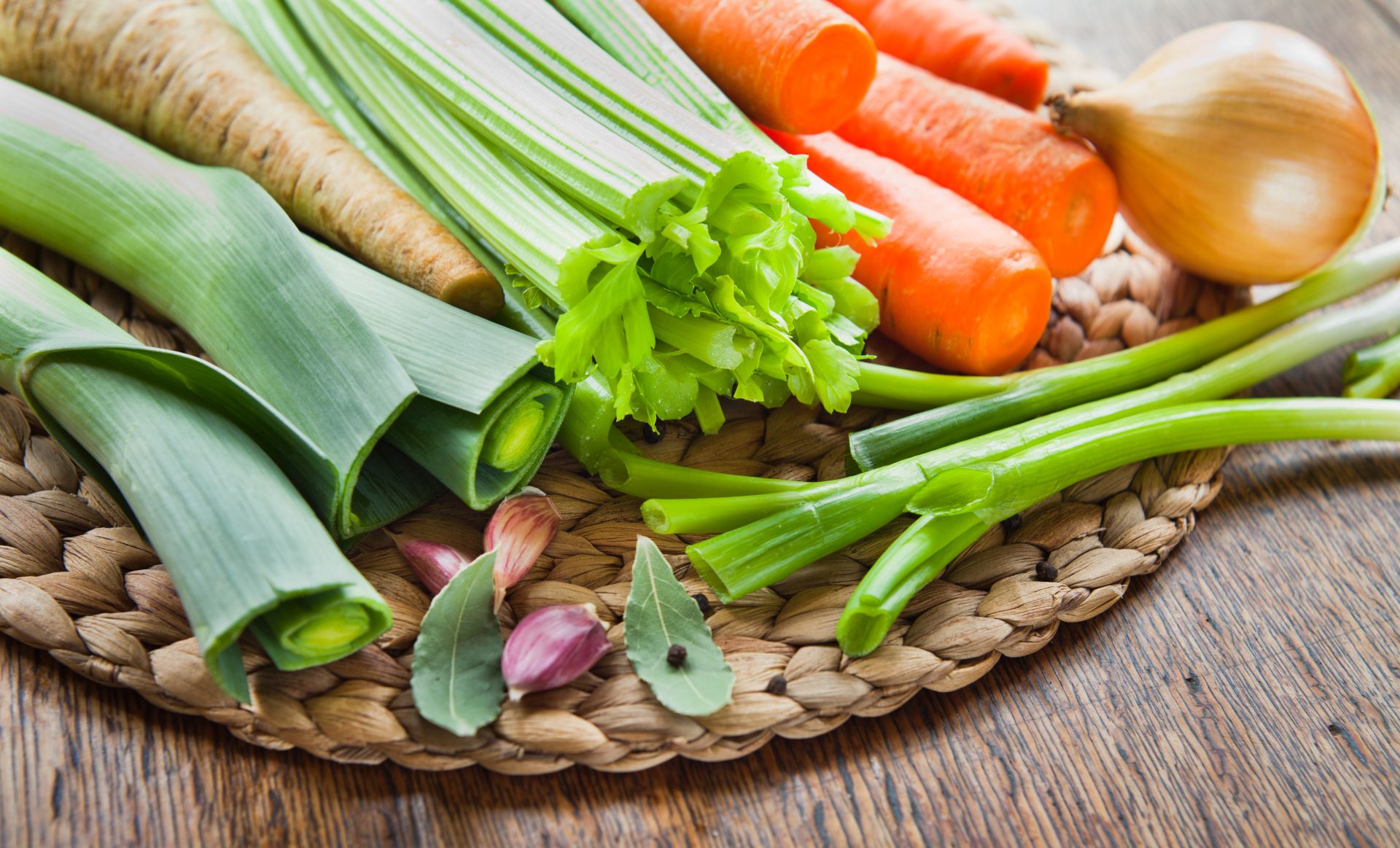
Pickles and fermented dairy products
Pickled vegetables and low-fat fermented dairy products are another group of products you should definitely include in your immune-stimulating diet. Yogurts, kefirs, buttermilk, as well as sauerkraut and cucumbers are particularly appreciated today due to the presence of valuable nutrients and strains of probiotic bacteria from the genus Lactobacillus and Bifidobacterium. Regular consumption of pickled vegetables and fermented dairy products (especially yogurt and natural kefir) has a beneficial effect on the proper functioning of the immune system and gastrointestinal tract, as well as on the composition and metabolic activity of the intestinal microbiota. Probiotic lactic fermentation bacteria naturally found in pickled vegetables and fermented dairy products can inhibit the growth of pathogenic bacteria while stimulating the growth of beneficial intestinal microorganisms and sealing the walls of the intestinal epithelium so that harmful substances do not enter the bloodstream.
Oily sea fish
An immune-boosting diet should also include two servings (100-150 g each) of oily fish species per week. Among the most recommended oily fish species are salmon, salmon trout, Atlantic mackerel, colias mackerel, herring, European anchovy and sardines. Oily fish species are abundant in amino acids, long-chain omega-3 polyunsaturated fatty acids (mainly EPA and DHA), vitamin D and E, as well as iron, zinc, selenium and astaxanthin (especially rainbow trout and salmon), which have well-documented anti-inflammatory, antioxidant, anticancer and immunomodulatory properties.
Whole-grain cereal products and pulses
Legume seeds (including lentils, chickpeas, peas, beans, soybeans, broad beans) and coarse grain cereal products (such as oatmeal, buckwheat groats, wholemeal pasta, brown rice, wholemeal rye bread) are also worth including in your immune-boosting diet. Legumes and whole-grain cereal products are great sources of protein, B vitamins, minerals (especially calcium, potassium, magnesium, iron, zinc, copper), dietary fiber and phytosterols. Regular inclusion of whole-grain cereal products and legumes in the diet helps reduce inflammation and boost immunity, mainly due to their content of valuable nutrients (including zinc), dietary fiber and antioxidants.
Sources:
-
Mitra S, Paul S, Roy S, et al: Exploring the Immune-Boosting Functions of Vitamins and Minerals as Nutritional Food Bioactive Compounds: A Comprehensive Review. Molecules. 2022 Jan 16;27(2):555.
-
Junaid K, Ejaz H, Abdalla AE, et al: Effective Immune Functions of Micronutrients against SARS-CoV-2. Nutrients. 2020 Sep 29;12(10):2992.
-
Shao T, Verma HK, Pande B, et al: Physical Activity and Nutritional Influence on Immune Function: An Important Strategy to Improve Immunity and Health Status. Front Physiol. 2021 Oct 8;12:751374.
-
Calder PC.: Foods to deliver immune-supporting nutrients. Curr Opin Food Sci. 2022 Feb;43:136-145.
-
Childs CE, Calder PC, Miles EA.: Diet and Immune Function. Nutrients. 2019 Aug 16;11(8):1933.
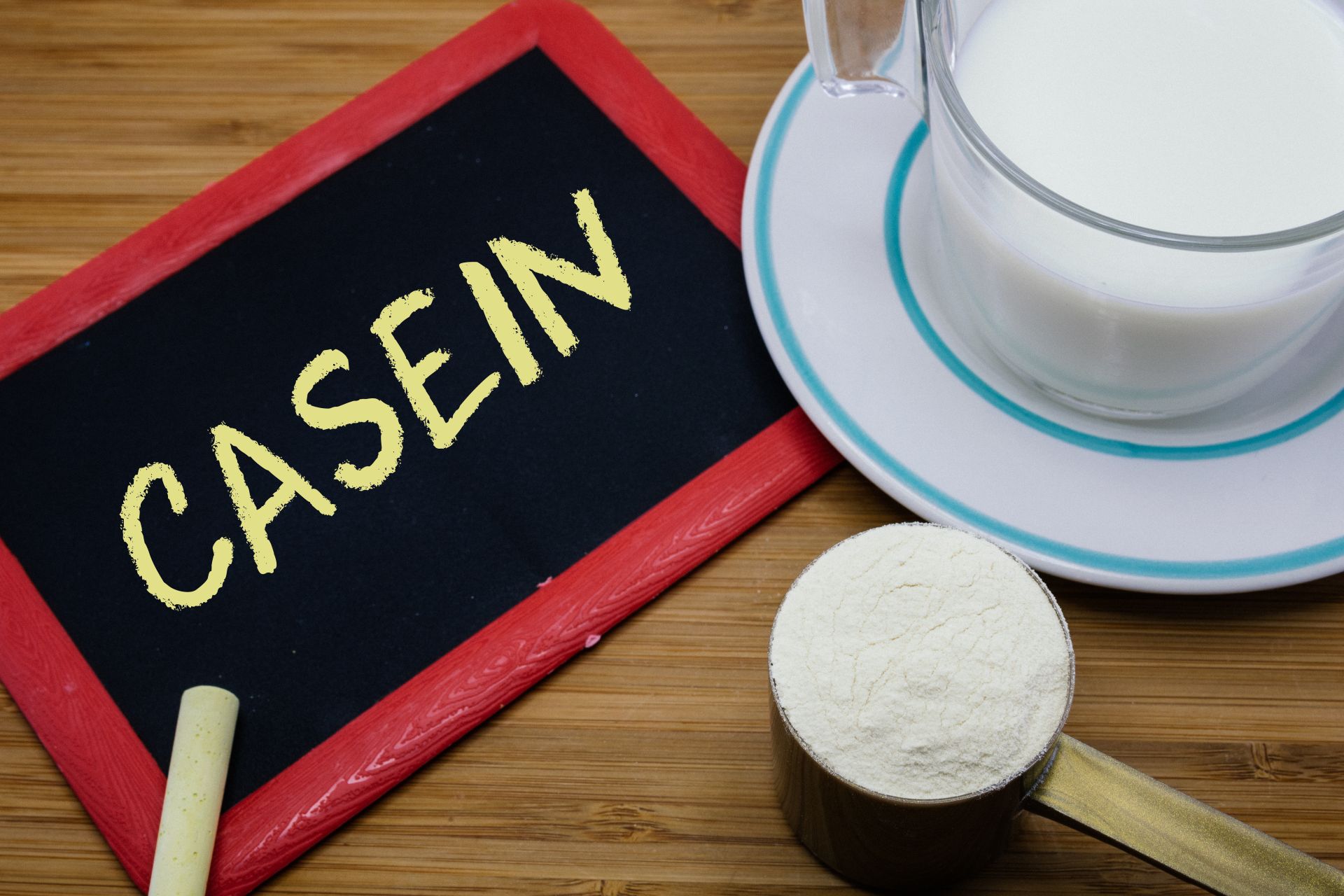 ⮜ Previous article
⮜ Previous article
Casein as a good source of protein
 Next article ⮞
Next article ⮞
